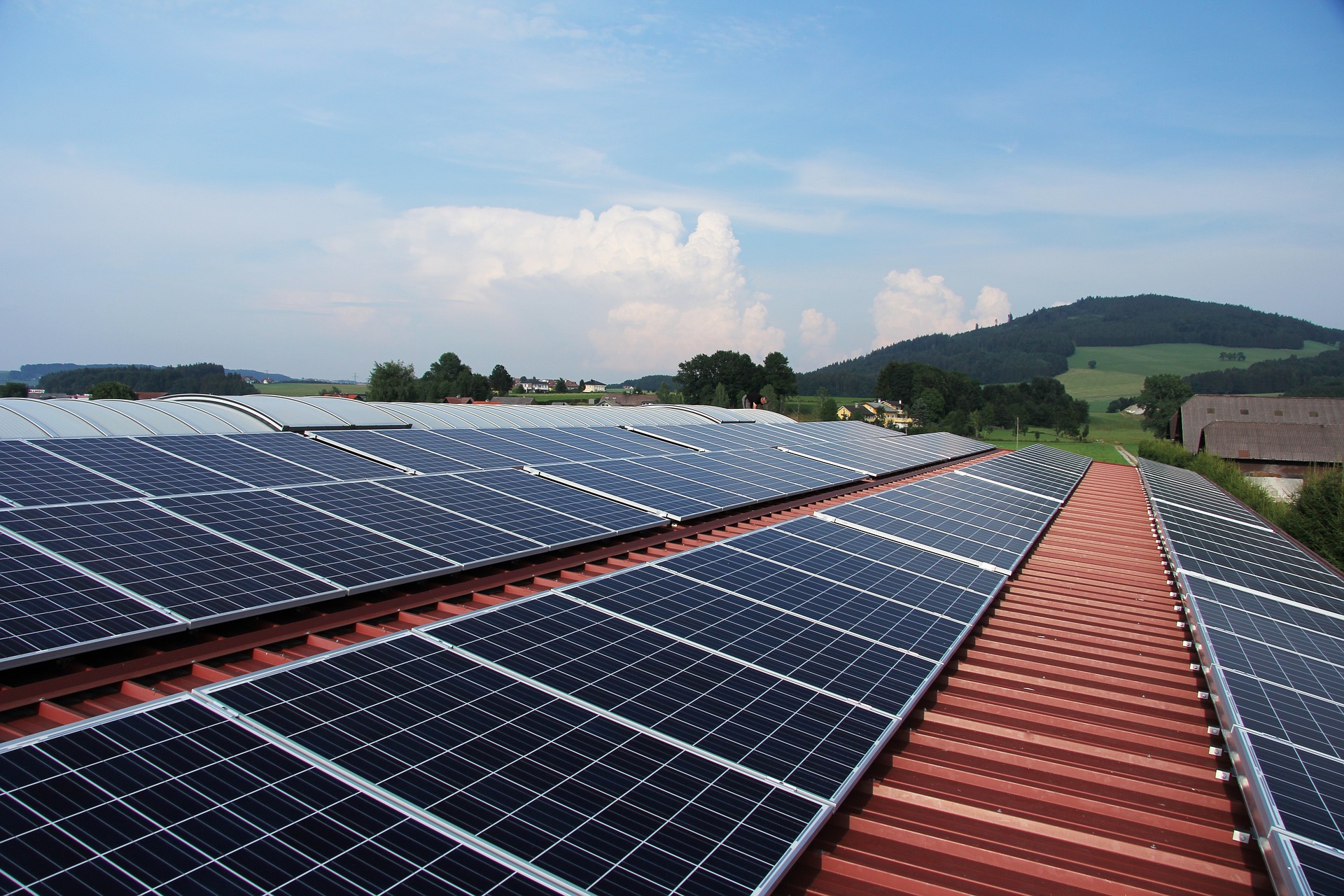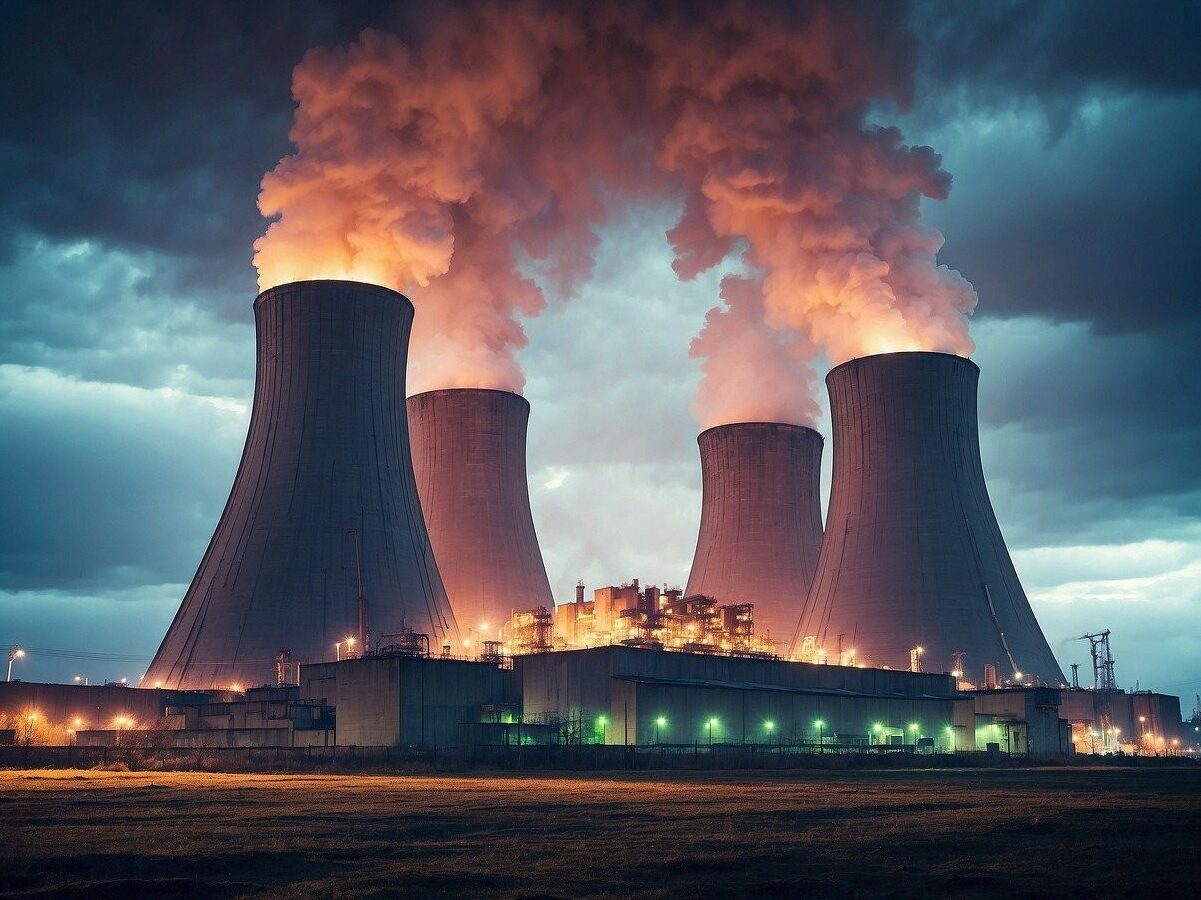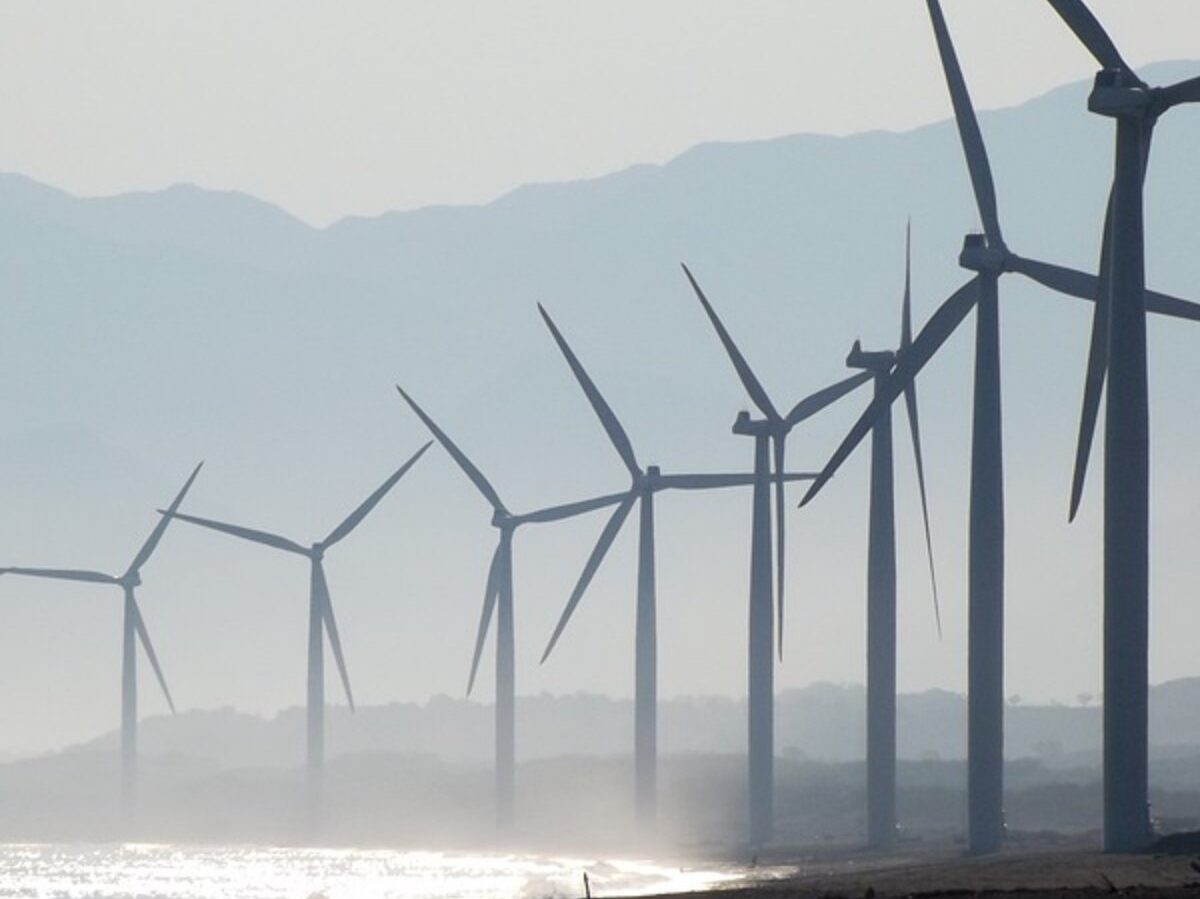Do I Buy Solar Panels Now or Wait?
As solar energy continues to grow in popularity, more homeowners are considering installing solar panels. However, one question frequently arises: is it better to buy solar panels now or wait? The decision involves weighing multiple factors, including current market conditions, potential future advancements in technology, and changes in government policies. This blog post will explore these factors in detail, helping you make an informed decision if you should buy solar panels now or wait.
The Current Solar Market: A Snapshot
The solar energy market has evolved rapidly over the past few years. Prices for solar panels have decreased significantly, and the technology has become more efficient and reliable. As of now, solar power is more accessible than ever, with various financing options, government incentives, and a growing number of installation companies to choose from making it difficult to decide if you should buy solar panels now or wait.
Declining Costs
One of the most compelling reasons to invest in solar panels now is the continuing decline in prices. The cost of solar panels has dropped by more than 70% over the past decade. This decrease is due to several factors, including advancements in manufacturing processes, increased competition among manufacturers, and economies of scale as demand for solar energy has grown.
- Affordable Investment: The reduced cost means that the initial investment required to install solar panels is more affordable than ever. Homeowners can recoup their investment more quickly through energy savings and, in many cases, through selling excess energy back to the grid.
- Shorter Payback Periods: With lower costs, the payback period for solar panels— the time it takes for the savings on your energy bills to equal the cost of the system—has also shortened. Depending on your location, energy consumption, and the size of your solar system, you could break even in as little as 5 to 10 years.
Incentives
Governments around the world continue to encourage the adoption of renewable energy through various incentives and rebate programs. These incentives can significantly reduce the upfront cost of solar panel installation, making it an attractive option for homeowners.
- Investment Tax Credits (ITC): In the United States, for example, the federal Investment Tax Credit (ITC) allows homeowners to deduct a portion of their solar installation costs from their federal taxes. While the percentage has decreased slightly in recent years, it still represents a substantial saving.
- Local Incentives: Many states and municipalities offer additional incentives, such as rebates, tax credits, or net metering programs. Net metering allows homeowners to sell excess electricity generated by their solar panels back to the grid, further offsetting the cost of installation.
- Limited Time Offers: Some of these incentives are set to decrease or expire in the coming years, which could make waiting a more expensive option. When deciding to buy solar panels now or wait, you can consider these benefits before they potentially diminish.
Environmental Impact
Beyond the financial considerations, many people are motivated to install solar panels by the desire to reduce their carbon footprint and contribute to a more sustainable future. The environmental benefits of solar energy are undeniable, and the sooner you make the switch, the sooner you can start making a positive impact.
- Reduced Greenhouse Gas Emissions: Solar energy is a clean, renewable source of power that produces no greenhouse gas emissions during operation. By installing solar panels, you can reduce your reliance on fossil fuels and help decrease overall carbon emissions.
- Energy Independence: Installing solar panels also allows you to generate your own electricity, reducing your dependence on the grid and contributing to greater energy independence.
The Case for Waiting: Future Developments and Considerations
While the current market conditions are favorable, there are also arguments to be made for waiting to invest in solar panels. These include the potential for further price reductions, advancements in solar technology, and changes in government policies that could make solar energy even more attractive in the future. When deciding to buy solar panels now or wait, consider the following:
Technological Advancements
Solar technology is continually evolving, with researchers and manufacturers working to improve the efficiency, durability, and affordability of solar panels. Some of the potential advancements that could impact your decision to buy solar panels now or wait include:
- Higher Efficiency Panels: Current solar panels typically convert about 15% to 22% of sunlight into electricity. However, ongoing research could lead to the development of panels with significantly higher efficiency rates, meaning you could generate more electricity with fewer panels.
- Perovskite Solar Cells: One of the most promising developments in solar technology is the emergence of perovskite solar cells. These cells have the potential to be more efficient, cheaper to produce, and more flexible than traditional silicon-based panels. While they are not yet commercially available, they could revolutionize the solar industry in the coming years.
- Energy Storage Solutions: Advances in battery storage technology are also worth considering. Improved storage solutions could allow homeowners to store excess solar energy more efficiently, reducing reliance on the grid and maximizing the benefits of solar power.
Potential Price Reductions
While solar panel prices have already dropped significantly, there is a possibility that they could decrease even further in the future. If you are wondering if you should buy solar panels now or wait, waiting could allow you to take advantage of lower prices down the line. When deciding to buy solar panels now or wait, consider the following:
- Market Trends: As technology improves and production processes become more efficient, the cost of solar panels could continue to decrease. Additionally, as demand for solar energy grows, increased competition among manufacturers could drive prices down even further.
- Economies of Scale: As more people adopt solar energy, the cost of installation and related services could also decrease due to economies of scale. This could result in more affordable options for homeowners in the future.
Changes in Government Policies
While current government incentives are a strong argument for installing solar panels now, future policy changes could make solar energy even more attractive. For example, when deciding to buy solar panels now or wait, consider the following:
- Increased Incentives: Governments may introduce new or expanded incentives to further encourage the adoption of renewable energy. This could include higher tax credits, additional rebates, or more favorable net metering policies.
- Mandates and Regulations: Some governments are considering regulations that could make solar panels a requirement for new construction or certain types of buildings. Waiting for such regulations could potentially lead to even more incentives or subsidies.
- Potential Risks: On the other hand, there’s also the risk that existing incentives could be reduced or eliminated. If you wait too long, you might miss out on the current benefits, making solar energy a more expensive investment in the future. Ultimately making it a tough decision to buy solar panels now or wait for a better opportunity to unfold.

Personal Factors to Consider
In addition to the market conditions and potential future developments, your personal circumstances should play a significant role in your decision to buy solar panels now or wait.
Energy Costs and Usage
Your current energy costs and usage patterns are critical factors to consider when deciding to buy solar panels now or wait. If your energy bills are high and you have the potential to generate a significant amount of solar power, installing panels now could lead to immediate savings.
- Energy Bill Savings: The higher your current energy costs, the more you stand to save by switching to solar power. Over time, these savings can add up, helping you recoup your initial investment more quickly.
- Energy Independence: If you’re looking to reduce your reliance on the grid or avoid potential future energy price increases, installing solar panels now can help you achieve greater energy independence.
Homeownership and Longevity
If you plan to stay in your current home for the foreseeable future, to buy solar panels now or wait is a good question. For some investing now would be a good choice. Because the longer you stay in your home, the more time you have to benefit from the energy savings generated by your solar panels.
- Long-Term Savings: Solar panels typically last 25 to 30 years, meaning they can provide decades of energy savings. The sooner you install them, the longer you’ll have to benefit from these savings.
- Home Value: Solar panels can also increase the value of your home, making it a more attractive option if you plan to sell in the future. However, if you’re planning to move soon, you may want to consider whether the potential savings are worth the upfront investment.
Financial Considerations
Your current financial situation is another important factor. While solar panels have become more affordable, they still require a significant upfront investment. Consider whether you have the financial resources to buy solar panels now or wait for better opportunities in the future.
- Financing Options: If you’re concerned about the upfront cost, there are several financing options available, including solar loans, leases, and power purchase agreements (PPAs). These options can help you spread out the cost over time, making solar panels more accessible.
- Return on Investment: Consider the potential return on investment (ROI) of installation when questioning if you should buy solar panels now or wait. Calculate the potential energy savings, tax incentives, and other benefits to determine whether it makes financial sense to invest now.
Summary
The decision to buy solar panels now or wait is a complex one, involving a range of factors from market conditions and technology developments to personal financial considerations and energy usage. When deciding to buy solar panels now or wait, consider several aspects:
Reasons to Buy Now:
- Current low prices and government incentives make solar panels more affordable.
- Immediate energy savings can help you recoup your investment faster.
- Environmental benefits start as soon as you make the switch to renewable energy.
Reasons to Wait:
- Potential future advancements in technology could offer more efficient, cost-effective solutions.
- Prices may continue to decrease, making solar panels even more affordable.
- Future government policies could introduce new incentives or regulations that make waiting worthwhile.
Ultimately, the best decision on to buy solar panels now or wait depends on your unique circumstances and priorities. If you’re ready to make a positive impact on the environment and start saving on your energy bills, there’s no time like the present to invest in solar panels. However, if you’re in a position to wait, keeping an eye on future developments could lead to even greater benefits down the line.
If you found this post insightful, make sure to explore our other articles: “8 Evident Advantages of Nuclear Power“, “Problems with Lithium Batteries in Cars: What You Need to Know“, “Unveiling the Advantages of Wind Power“
Learn more: International Renewable Energy Agency IRENA


